Why Inbound Marketing Trumps Outbound in Property Management
Who does not love referrals? But we live in a new digital world where people do not need to pester their neighbors to find a good recommendation — they have a slew of information at their fingertips via smartphones.
Think about what your top source of new business leads was last year for your property management company. If your answer was “word of mouth,” you are probably in trouble. If you answered “I don’t know,” you are arguably in even more trouble.

The real estate and property management sectors have significantly transformed over the last few years. Traditional marketing methods that once dominated the scene gradually changed modern tactics.
One notable shift has been from outbound to inbound strategies, particularly in the property management marketing realm. But what is causing this shift, and why is inbound marketing proving to be more effective?
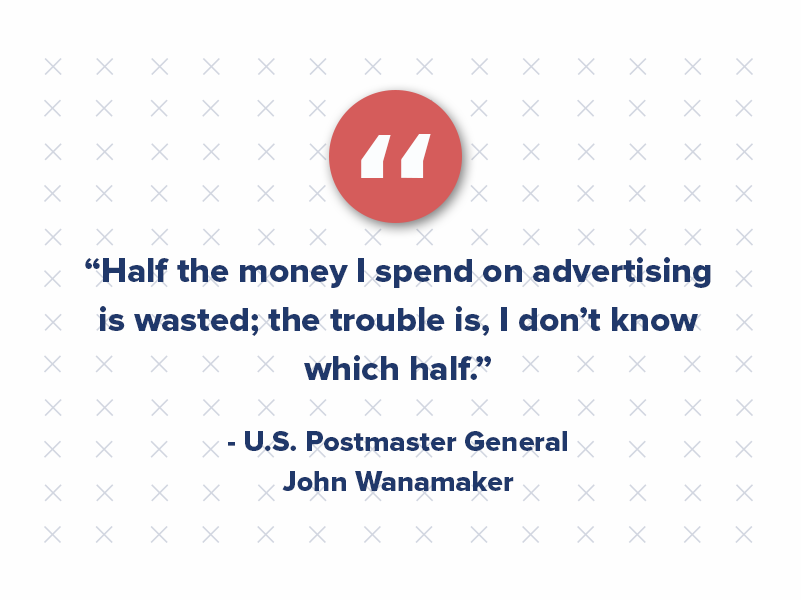
Whoever is working on your property management marketing strategy — whether it is an agency or an in-house multifamily marketing team — should be able to track your investments back to actual multifamily leads and revenue for your business.
Understanding the Outbound vs. Inbound Divide
Before diving into the specifics, it’s important to understand the core differences between outbound and inbound marketing.
There are a lot of definitions floating around about what inbound marketing is, but an easy way to think about it is to think of the leads flowing in versus you scouting them. A good example of inbound marketing is search engine optimization (SEO). A property management company with a website ranking highly in the search engine results for relevant keywords will likely have a good flow of multifamily leads.
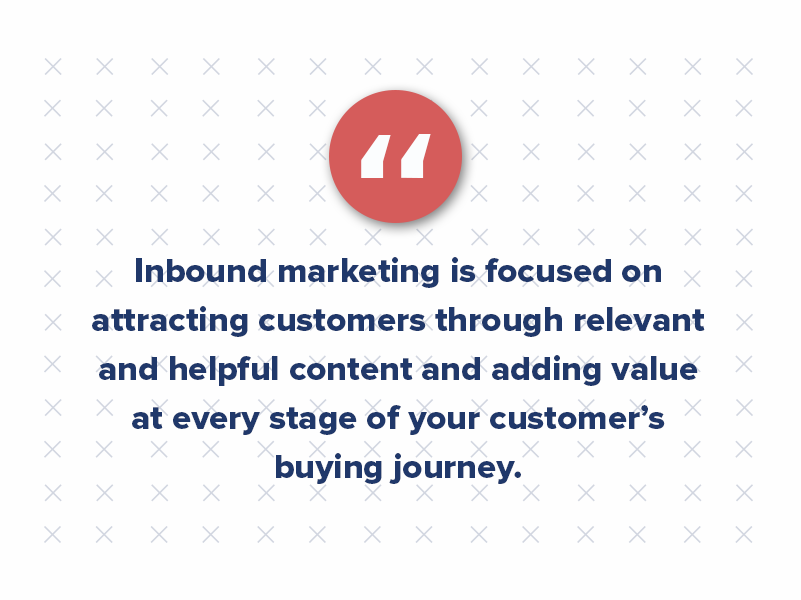
Outbound Marketing: This is the “old school” method of reaching potential customers. It involves pushing a message out, often to a large audience, hoping for a response. Examples include TV commercials, radio ads, print advertisements, and cold calls.
Inbound Marketing: This is a more contemporary approach where businesses create valuable content and experiences tailored to potential clients. It’s about attracting clients to come to you. This method revolves around content creation, search engine optimization, and social media marketing.
1. It’s more cost-effective than traditional outbound marketing.
Budget considerations are paramount for any property management marketing plan to succeed. In many instances, inbound marketing has proven more cost-effective than its outbound counterpart. Creating quality content might require an initial investment, but its long-term organic reach often surpasses that of costly traditional ads.
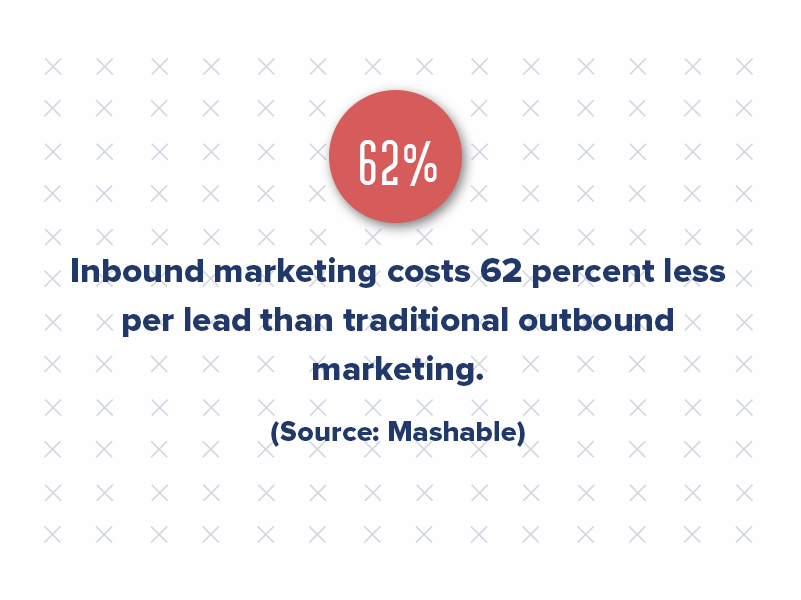
2. It helps build trust and brand loyalty with your target audience.
One of the most compelling reasons inbound marketing is taking the lead in marketing for property management is the trust factor. Inbound marketing relies heavily on content creation, which can position a property management company as an industry expert. Over time, this builds trust and credibility with the audience, something outbound methods might struggle to achieve.
3. It provides better audience targeting and precision.
With inbound marketing, you’re drawing in those already interested in property management or actively seeking your services. Advanced tools and analytics allow businesses to tailor their property management marketing plan to target specific demographics. This level of precision ensures a higher conversion rate.
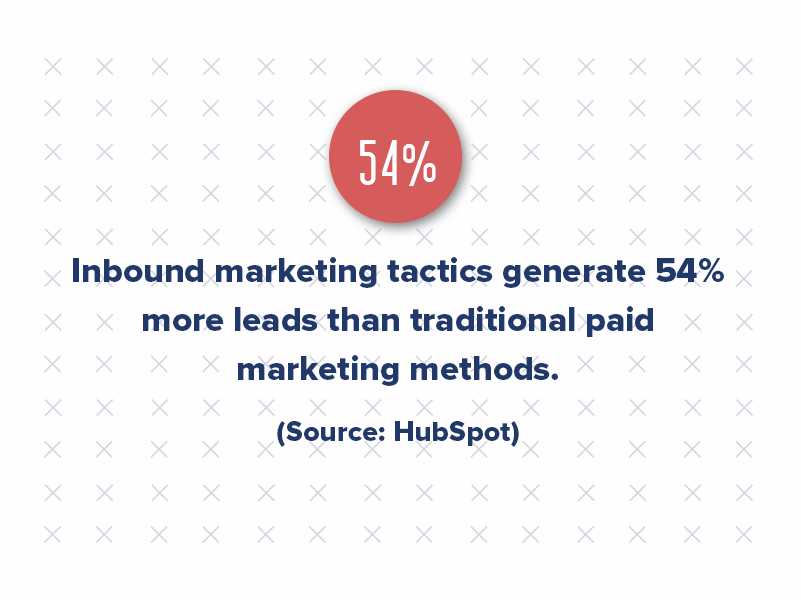
4. It allows for quick adaptations to algorithm changes.
A branding and digital marketing agency can attest to the fast-paced evolution of online trends. Inbound marketing, being inherently digital, allows for quick adaptations. Whether it’s a change in search engine algorithms or the rise of a new social media platform, inbound methods can easily pivot to stay relevant.
5. It promotes engagement and positions you as a thought leader.
Modern consumers prefer engagement over mere advertisements. They’re more inclined to interact with informative blogs, insightful infographics, or engaging videos. An effective property management marketing plan will leverage this preference, creating content that informs and engages.
6. It enhances your credibility and multifamily SEO.
Search engine optimization (SEO) is a cornerstone of inbound marketing. With most consumers beginning their property management search online, ensuring your business ranks high on search engine results is crucial. Inbound marketing directly taps into organic search traffic by focusing on SEO strategies, offering higher visibility and credibility.
4 Inbound Marketing Advertising Channels to Prioritize
In the digital age, the strategies employed in marketing for property management have expanded beyond traditional methods. Today, the landscape is diverse, with multiple channels offering unique ways to capture audience interest.
From the intricate art of email campaigns to the immediacy of PPC ads, each channel brings its distinctive advantage to the table. Below, we explore four pivotal multifamily inbound marketing channels and why they are becoming indispensable components of a robust property management marketing plan.
1. Email Marketing
Are you tracking if you get any multifamily leads from those direct mailers? Printing and mailing are costly and do not necessarily target your prospective customers when they are actively seeking your services.
While it has been ingrained in society that digital marketing is the future, groups with no expertise in the industry are unsure how to use digital marketing strategically. Partner this with a hesitancy to leave behind expensive “tried and true” outbound methods like direct mailers, and it becomes clear that while the multifamily industry knows digital marketing is the future, they are not quite sure how to invest in it.
While plenty of companies still purchase email lists to send their marketing e-blasts, there is a better option. Offer your prospective customers valuable content — like a quiz, fact sheet, or infographic — in exchange for their email. Over time, you will build a robust opt-in email list that is more likely to have engaged contacts.
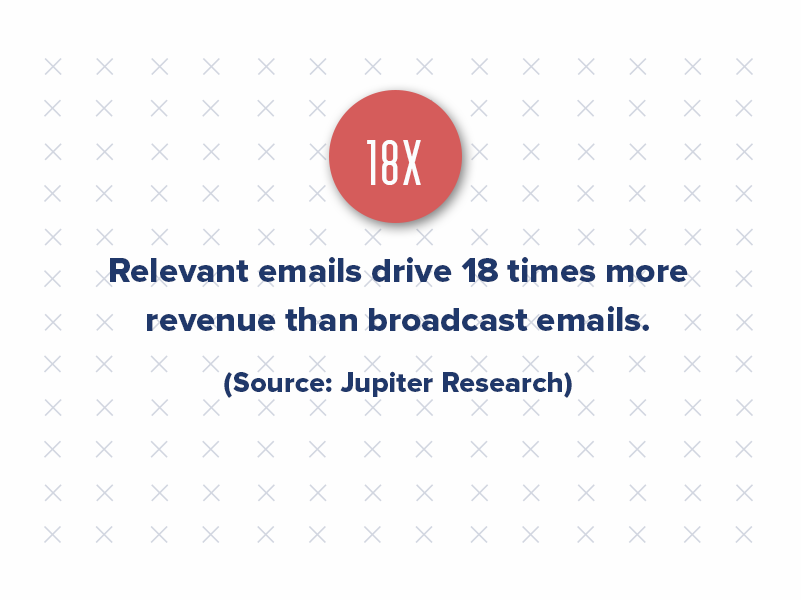
With email marketing, there’s no waiting for the postman or printing costs involved. A single click sends your message to hundreds or thousands of recipients instantaneously. However, the true magic lies not just in the speed of delivery but in how email marketing can be tailored and personalized for maximum engagement.
Let’s delve into the benefits:
- List Segmentation: One of the true strengths of email marketing is the ability to segment your list. You can categorize your audience based on demographics, previous interactions with your brand, or even their position in the buying journey. This means that instead of sending a generic message to everyone, you can tailor your communication to resonate deeply with specific segments of your audience, leading to increased conversions.
- Increased Conversions: When you offer value in exchange for an email address, you’re essentially filtering in an audience that’s already shown interest in what you have to offer. Such opt-in lists increase engagement rates because the audience is already partially invested.
- Tracking and Analytics: Unlike direct mailers, email marketing platforms offer detailed insights into your campaigns’ performance. You can see who opened your email, which links they clicked on, and even how much time they spent reading.
- Environmental Friendliness: Without needing paper, ink, or transportation, it’s a method that’s kinder to our planet.
2. Pay-Per-Click Advertising (PPC Ads)
Optimizing your multifamily website to rank on the first page of search engine results is a long-term strategy that can pay off in the future. On average, 49,500 people search the keyword “property management companies” each month. Your target demographic will likely miss you if you are not located on the first page of search results.
Organically getting your website to rank high in search engine results can take time. That is why it can be beneficial also to pay to advertise in the search results. There are a lot of paid search advertising strategies that an agency can recommend and help you implement. For instance, you can pay for your PMC to show up when someone searches for your competitors.

3. Display Advertising
Display advertising — particularly in a campaign where you specifically target users who left your website before contacting you — is also a worthwhile campaign to test. At its core, display advertising is about presenting visually appealing banners, images, or videos across a range of websites your target audience frequents.
One of the most effective strategies within display advertising is “retargeting” or “remarketing.” Have you ever wondered how that specific property you were eyeing suddenly popped up on various other websites you visit? That’s retargeting in action. It specifically targets users who visited your property management site but left without contacting you, making a booking, or completing another desired action. By reminding them of their previous interest, you significantly increase their chances of returning to your site and converting into a potential lead.
Here’s why investing time and resources into display advertising can fortify your property management marketing plan:
- Visual Impact: Unlike text-based ads, display ads capture attention instantaneously. With the right design and branding elements, they can make your property memorable.
- Tailored Targeting: Through sophisticated algorithms and user data, display ads can be tailored to specific demographics, ensuring that your properties are showcased to those most likely to be interested.
- Brand Awareness: Even if a user doesn’t immediately click on your ad, the consistent presence of your properties on multiple platforms reinforces brand recognition. Over time, this can lead to increased trust and a higher likelihood of them choosing your services when they’re ready.
- Measurable Results: Much like other digital strategies, display advertising offers insights into your ads’ performance. You can track metrics like impressions, clicks, and conversions, adjusting your approach accordingly for better results.
4. Social Media Advertising
Search engines are not the only place you can pay to advertise. In fact, social media sites like Facebook and LinkedIn offer even cheaper advertising options that can potentially deliver sizeable returns on ad spend. Boosting content through social media advertising can increase your reach, impressions, and engagement.
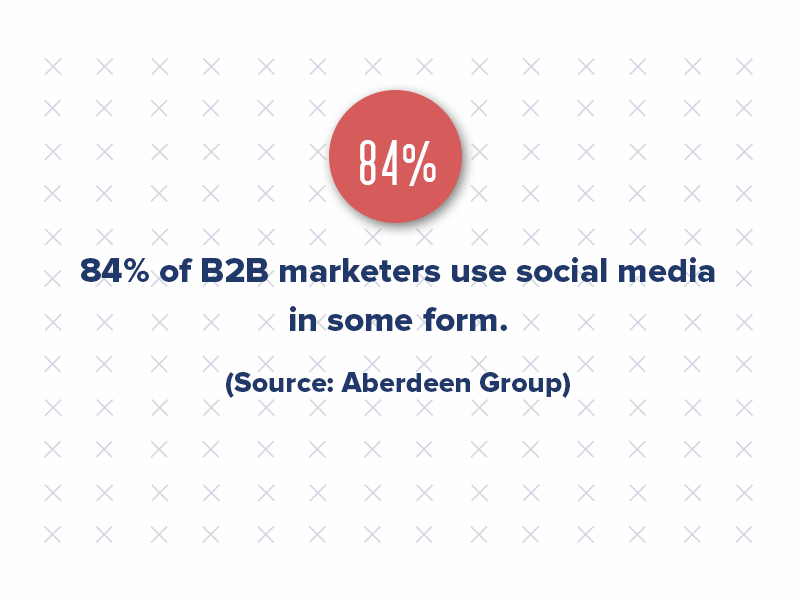
The Role of a Branding and Digital Marketing Agency
While it’s possible to devise an inbound marketing strategy in-house, partnering with a branding and digital marketing agency can elevate your efforts. Such agencies bring expertise in content creation, SEO, social media strategy, and more, ensuring your property management marketing plan is comprehensive and effective.
While outbound marketing still has its place, the future seems to tilt in favor of inbound strategies, especially in the realm of property management. The ability to effectively target potential clients, engage with them meaningfully, and adapt to digital trends makes inbound marketing for property management a winning approach. As the landscape continues to evolve, companies embracing this shift and investing in a well-structured property management marketing plan will likely stay ahead of the curve.




